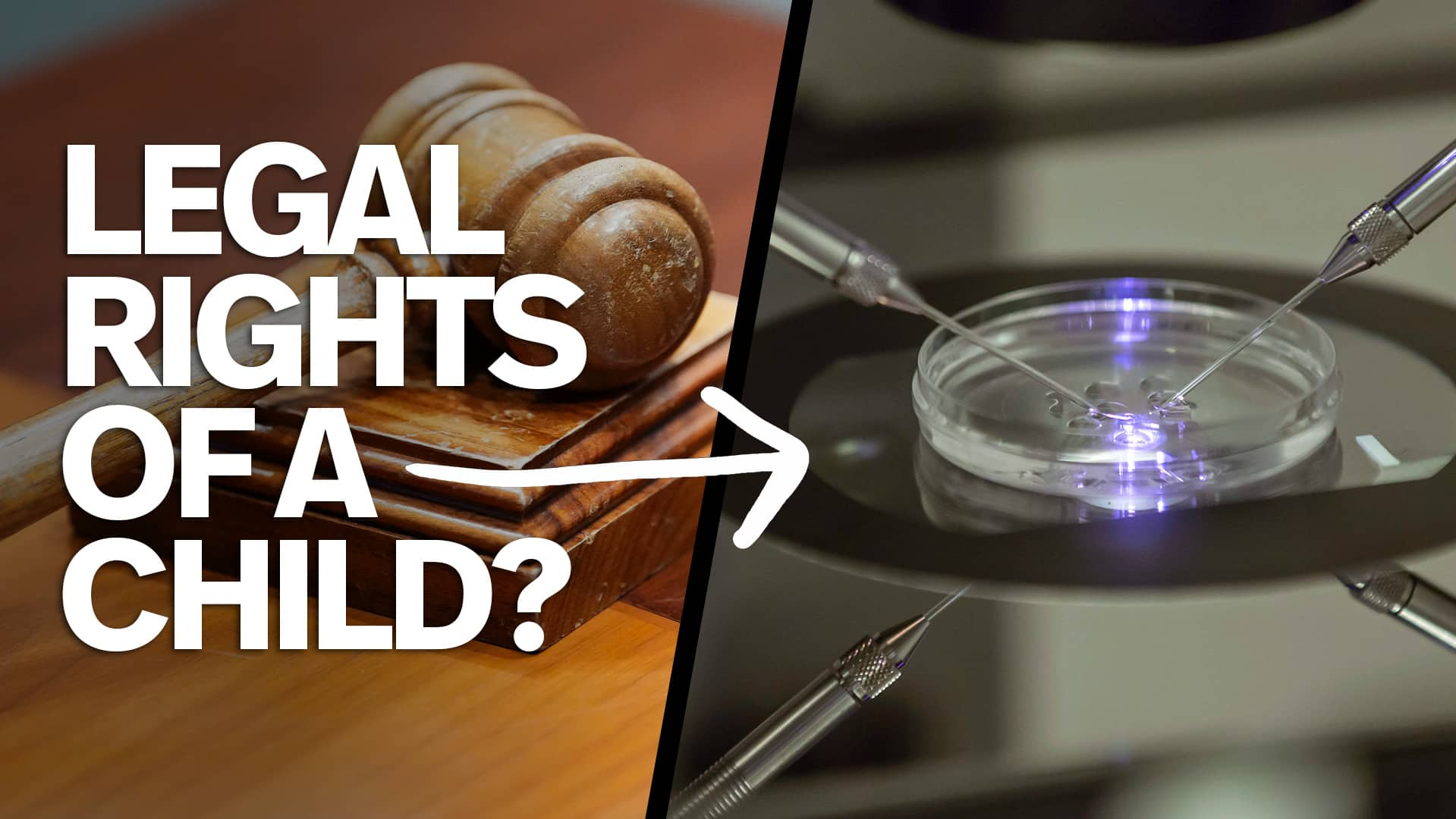Alabama's governor swiftly signed legislation into law late Wednesday shielding doctors from potential legal liability raised by a court ruling that equated frozen embryos to children, after facing pressure to get in vitro fertilization services restarted in the state,
Republican Gov. Kay Ivey signed the bill after it was approved in a late-night session by lawmakers scrambling to address a wave of criticism after services were halted at some of the state's largest fertility clinics. Doctors from at least one clinic said they would resume IVF services on Thursday.
"I am pleased to sign this important, short-term measure into law so that couples in Alabama hoping and praying to be parents can grow their families through IVF," Ivey said.
The new Alabama law, which took effect immediately, shields providers from prosecution and civil lawsuits "for the damage to or death of an embryo" during IVF services.
But Republicans in the GOP-dominated Alabama legislature shied away from proposals that would address the legal status of embryos created in IVF labs, action that some said would be needed to permanently settle the issue.

Replying to another senator's question about what Alabama IVF providers could do with unused embryos under the proposed law, Republican Tim Melson said during the legislative debate that some providers told him they planned to start perpetually storing embryos that aren't implanted into a uterus.
"That's going to probably become their policy," he said. "That's not in effect, but that's what they're looking at doing."
The Alabama Supreme Court last month ruled that three couples whose frozen embryos were destroyed in an accident at a storage facility could pursue wrongful death lawsuits for their "extrauterine children." The ruling, treating an embryo the same as a child or gestating fetus under the wrongful death statute, raised concerns about civil liabilities for clinics. Three major IVF providers paused services.
Democrats lean into reproductive rights
It also landed with impact in the nation's capital. Access to abortion and fertility treatments are expected to be a key component of President Joe Biden's state of the union address on Thursday night, as well as his campaign for re-election.
Alabama Sen. Katie Britt will deliver the Republican response to the state of the union.

Presumptive Republican nominee Donald Trump, who issued a statement that said he would "strongly support the availability of IVF" soon after last month's ruling, credited Britt with making him aware of the importance of the issue.
"I got a call from Katie Britt, a very wonderful young senator in Alabama," Trump told Fox News recently. "And I said, we want that. We want people to help. We're on the side of women."
But Republicans in the U.S. Senate have twice blocked legislation in the wake of the Alabama top court ruling that would protect access to in vitro fertilization.
Democratic Sen. Tammy Duckworth of Illinois introduced those bills. After she was seriously injured while piloting a Black Hawk helicopter in Iraq, she became an amputee and was only able to have her own children, ages 5 and 9, through IVF.
"Mark my words, if we don't act now, it will only get worse," Duckworth said. Abortion opponents have pushed laws in at least 15 states based on the idea that a fetus should have the same rights as a person.
Alabama mother 'super thankful'
Doctors from Alabama Fertility, one of the clinics that paused IVF services, watched as the bill got final passage. They said it will allow them to resume embryo transfers "starting tomorrow."
The University of Alabama at Birmingham similarly said it is "moving to promptly resume IVF treatments."

Liz Goldman was at home giving her daughter a bottle as she watched the Senate vote on a livestream. Goldman, whose daughter was conceived through IVF after a uterus transplant, hopes to become pregnant with a second child. But her plans were cast into doubt when IVF services were paused.
"I'm super thankful. The past two-and-a-half weeks have been the most stressful time of my journey and I've been through a lot," Goldman said.
State Democrats proposed legislation stating that a human embryo outside a uterus cannot be considered an unborn child or human being under state law. Republicans did not bring the proposal up for a vote.
"We aren't providing a solution here," said Rep. Chris England, a Democrat. "We're creating more problems. We have to confront the elephant in the room."
The bill's sponsors, Melson and Republican Rep. Terri Collins, said the proposal was the best immediate solution they could find to get IVF services resumed and help women.
The American Society for Reproductive Medicine, a group representing IVF providers across the country, says the legislation does not go far enough. Sean Tipton, a spokesperson for the organization, said this week that the legislation does not correct the fundamental problem, which is the court ruling "conflating fertilized eggs with children."



















